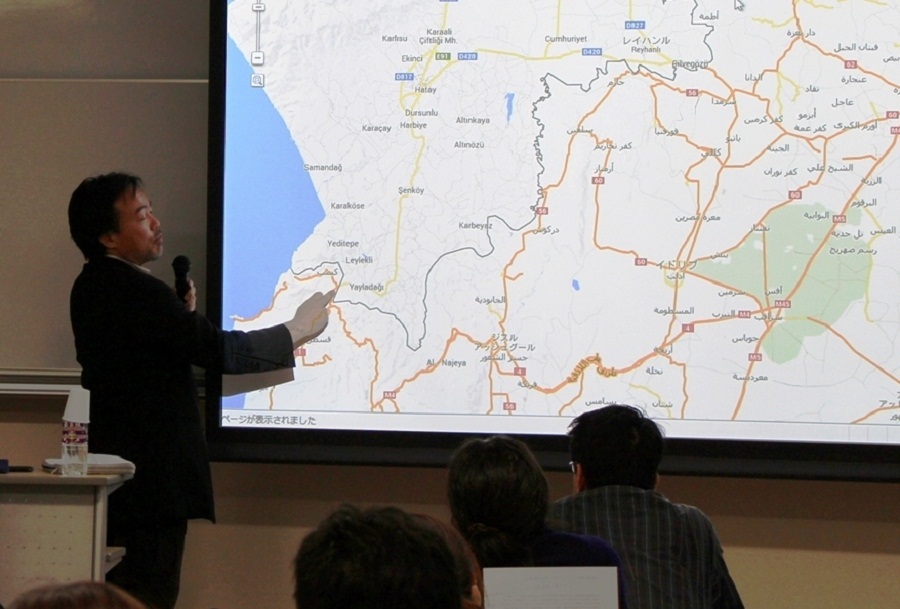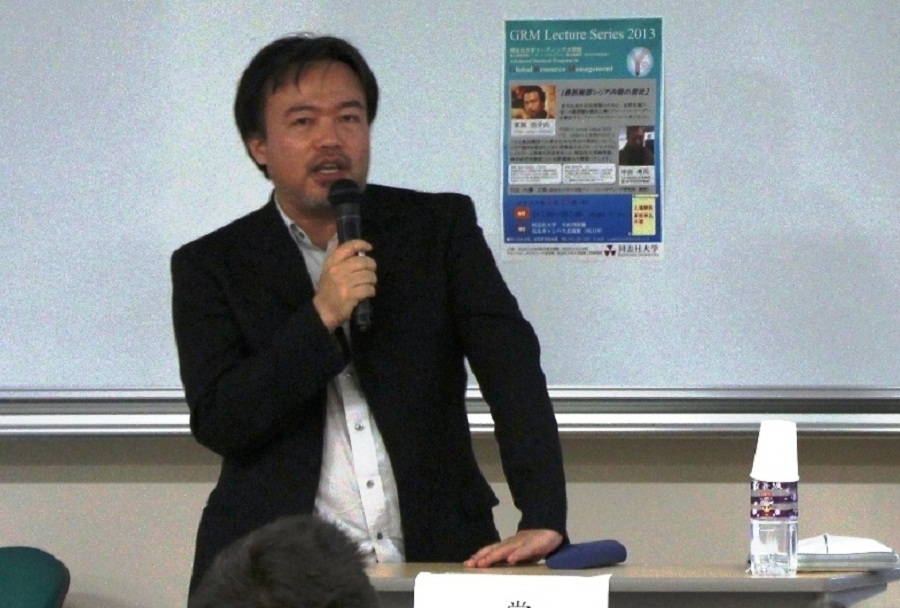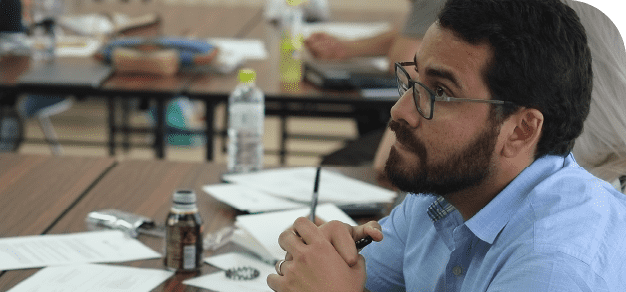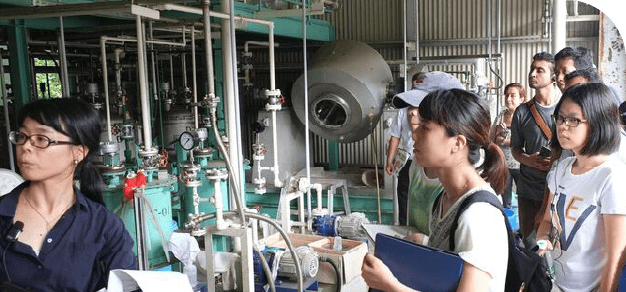GRM Students’ Reports
The Current Situation of Syrian Conflict
Graduate School of Global Studies Toshie INUI
2013/06/17
Date: June 17 (Mon), 2013
Venue: IMADEGAWA (Karasuma Campus), Shikokan SK119
Theme: "The Current Situation of Syrian Conflict"
Lecturer: Dr. Ko Nakata (Former Professor of Doshisha University) and Mr.Kosuke Tsuneoka (Freelance Journalist)
*********************************************
Prof. Naito, Dean of the Graduate School of Global Studies, mentioned at the opening of the lecture that the conflict in Syria is the biggest humanitarian crisis in the twenty-first century. It is impossible to send GRM students to Syria at present, but the time when they will think about the post-conflict era of Syria will come in the future. Thus, it is important to know the current situation of Syria through the people who experienced the place where the conflict is going on.
1. The Lecture by Mr. Kosuke TSUNEOKA
Mr. Tsuneoka visited the area in Syria that is under the control of the anti-government group as an illegal entrant, but he stayed there for about 18 days and interviewed the group. A Turkish NGO, The Foundation for Human Rights and Freedoms and Humanitarian Relief (IHH in Turkish), helped him to enter Syria. He interviewed soldiers who belong to Nusra (Syrian Al-Qaeda), an anti-government and foreign volunteer soldiers’ group. The Nusra soldiers are mainly Turkish and Arabian. Mr. Tsuneoka wanted to take some photos of them, but he could not because they might be arrested in their mother countries when they go back there. However, some of them allowed him to take photos.
When Mr. Tsuneoka entered Syria, he was lost and met Nusra. It was a dangerous situation, but the soldiers of Nusra contacted the volunteer army so he could reach the army. While he was with Nusra, he could communicate with the leader (not the commander), an Iraqi. Nusra has tried to change Syria to a Caliphate because presently, Syria is secular and Islam is not understood well. They would like to be a good example of Islam and try to introduce Islam to Syria little by little. Nusra is not anti-USA, but their enemies are the Assad regime, Iran, and Ḥizb Allāh. In addition, Nusra thinks that to defeat the Assad regime, they must also fight against Russia.
There are many Chechens in the anti-government groups in Syria. They did not come to Syria directly from Chechnya, but via European countries such as France, Germany, Belgium, Austria, and Sweden. They speak Russian or German when they communicate each other. Some Chechens entered Syria, Turkey, Lebanon, or Jordan as refugees or immigrants. In the case of the Chechens in Syria, they are fighting against the Syrian government as members of anti-government groups.
It seems that Chechens like to live in Syria because Muslims, especially Salafi Muslims, are criticized in Europe and member states of the former Soviet Union, such as Kazakhstan and Uzbekistan. They are sometimes unjustly arrested, and therefore escape from their countries to Syria. Salafism is known for being affiliated with Al-Qaeda in the Arabian Peninsula, but they do not think they are Al-Qaeda. They are trying to establish a nation based on Salafism in Syria. If they win the conflict against the Assad regime, they do not intend to cooperate with the regime. They will not disarm them. Some of the Salafist groups do not insist on the establishment of a Caliphate.
The anti-government groups have weapons, especially automatic rifles. They also have enough money. The Syrian government forces attack them from high altitudes to prevent attacks on the ground by anti-government groups. Thus, many citizens are victimized. There was an intense battle in Jabal al-Turkman, where Mr. Tsuneoka conducted interviews.
2. The lecture by Dr. Ko NAKATA
Dr. Nakata stayed in Syria for three days and made contact with a Salafi group organized by Jordanians, Tunisians, and Egyptians, among others. There are movements to revive the Caliphate, though such movements were not seen more than 20 years ago. The Salafi group does not have anti-USA sentiment, but is, rather, Syrian government and its ideology--that is pan-Arabism.
Dr. NAKATA visited Al-Bab, which was under the control of a Salafi group with a black banner, but there was a Syria National army presence as well. The anti-government group is organized mainly by Jabhat or Nusra. These two groups are suspected by the USA of having a relationship with Al-Qaeda, so the USA would not like to support the anti-government group. However, the government of Syria will win the conflict if the USA does not support the group.
There was a shortage of weapons when Dr. Nakata visited Al-Bab. NGOs and other groups are not providing weapons to the antigovernment group, so weapons are made by hand. These weapons, especially trench mortar guns, are produced at a rate of about 80 per day. Explosives are procured from unexploded bombs and dug up land mines that were buried by the UK army during World War I.
Detail of Lecture (Japanese)








